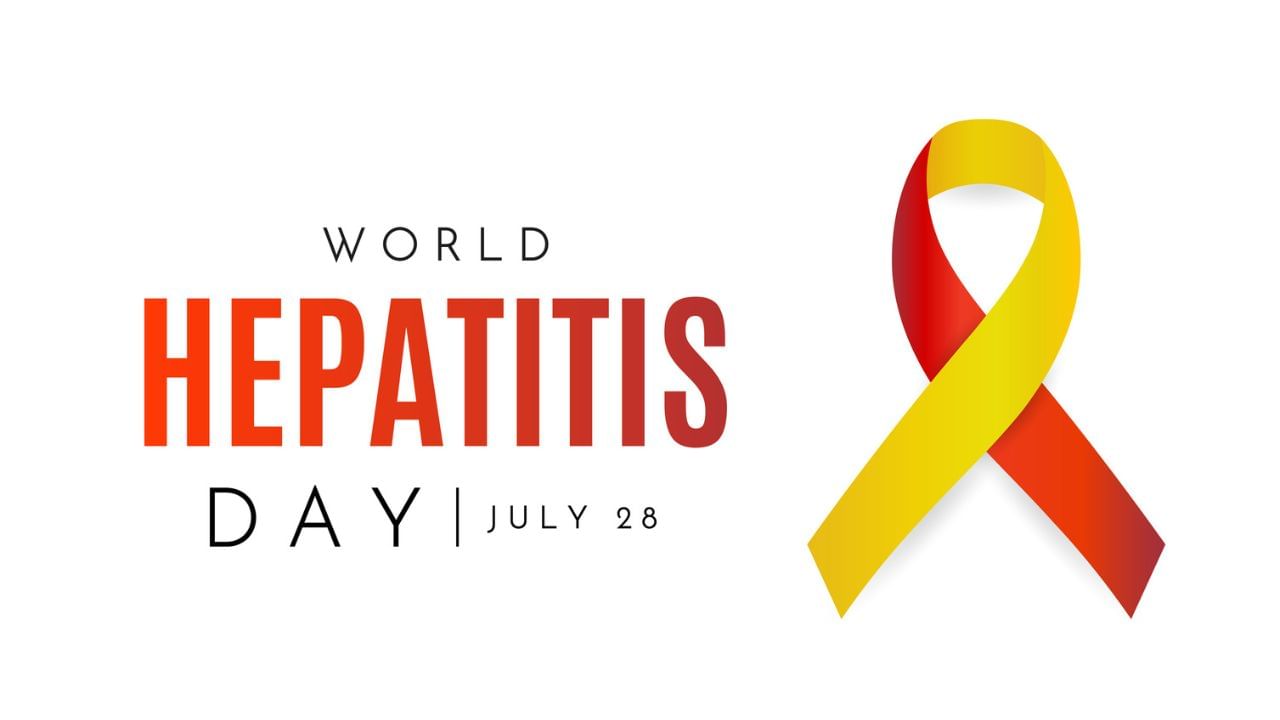40% increased hepatitis A and E casesImage Credit Source: Getty Images
World Hepatitis Day 2025: As soon as the monsoon started in Delhi-NCR, there is a tremendous increase in the cases of Hepatitis A and E. Doctors and experts have expressed serious concern over this. On the occasion of World Hepatitis Day (28 July), experts said that this disease can be dangerous for children, pregnant women and people struggling with liver problems.
Hepatitis A and e-e-are waterborne viruses that spread by contaminated water and food. This infection increases very fast due to the flow of dirty water, waterlogging and cleanliness during the monsoon season. Many hospitals in the capital have said that this time monsoon has increased by about 40% in hepatitis cases compared to the previous season.
BLK-Max Hospital, Dr. Abhdeep Chaudhary of New Delhi, is the head of the Liver Transplantation Department. He says that in the last three weeks, the number of patients with viral hepatitis in his hospital has increased by 40%. He said that many patients were unaware that vaccine is also available to prevent hepatitis A and E.
Increasing problem due to poor water consumption
Dr. Chaudhary said that especially those who have come from the village to cities, they do not know about this disease. For this reason, they consume unsafe water and fall prey to the disease. He said that hepatitis E can prove fatal for pregnant women. At the same time, it can directly lead the liver people facing liver failure.
Why increase from 30% to 40%
At the same time, Dr. Sanjeev Saigal, President of Liver Transplantation Society of India (LTSI), said that this year, there has been an increase of 30% to 40% in the cases of Hepatitis A and E compared to last month as soon as the monsoon starts. He described it as “seasonal epidemic” to be “repeated every year”. Dr. Saigal insisted that we are not ready for it every year, while it can be completely stopped through vaccine, clean water and cooked food on time.
2 crore people infected every year
According to WHO (World Health Organization), Hepatitis E infects 2 crore people worldwide every year. A large number of these are from India, especially during the monsoon. In cities like Delhi, there is a high risk of spreading such diseases due to rapid urbanization, old water-destructive structures and road shops on the roadside.
Get treated on time
Dr. Abhdeep Chaudhary said that many people still believe that such diseases are cured on their own and there is no need to go to the doctor for this. Whereas the truth is that this disease can cause serious damage to the liver when the treatment starts. He said that Hepatitis A and E are often reduced and judged. Its reporting is also not done properly. This is the reason why this disease keeps spreading again and again. For this, it is necessary that people should be aware, get it tested on time and get the vaccine installed.
Community awareness is effective
LTSI believes that vaccination campaign, strong policies and community awareness in schools are the most effective ways to fight the disease. Dr. Monica Jain of Shri Balaji Action Medical Institute and Action Cancer Hospital Told that during the monsoon, the cases of Hepatitis A in his hospital have increased by about 30%. He has advised people to eat cooked and hot food and adopt the habit of washing hands.
Symptoms of Hepatitis B and C
Experts believe that Hepatitis A and E should also be taken seriously like Hepatitis B and C. These can also prove fatal in monsoon. Symptoms such as fatigue, vomiting, dark colored urine and jaundice are often ignored. People do not go to the doctor until the disease becomes serious.
Prevention better than treatment
This year’s World Hepatitis Day is a chance to remember that prevention is better than treatment. Prevention of this disease in urban areas can only be started with clean water, safe food, awareness and better hygiene. Now is the time not to take it lightly and take special care of ourselves and our family in the monsoon.
